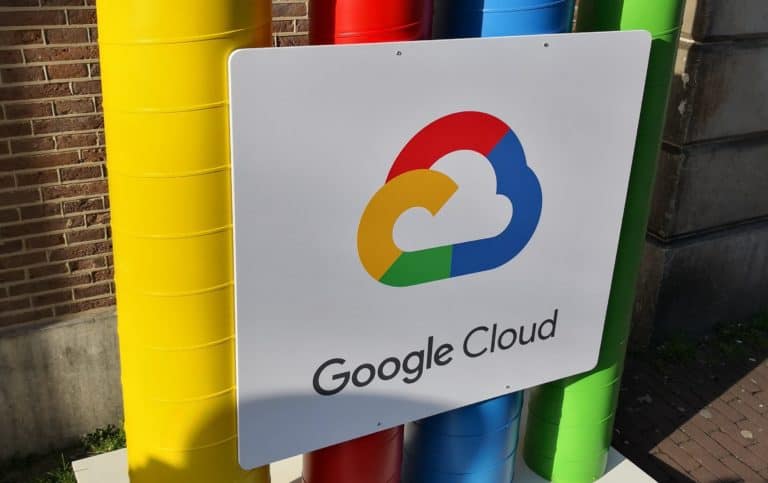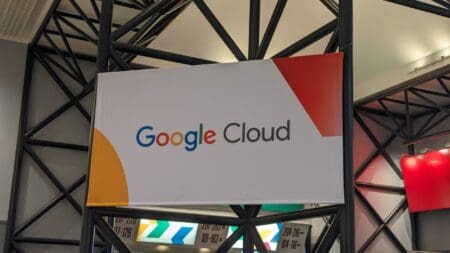Google announces that it has officially completed the acquisition of Looker. The acquisition of 2.6 billion dollars (2.3 billion euros) was awaiting approval from a British regulator.
In June 2019, Google announced that it was taking over the business intelligence (BI) provider, with the immediate intention of completing the deal that year. However, some obstacles followed. The British regulator announced an investigation to determine whether the takeover of Looker would harm competition with other players.
Reuters reports that the regulator has no hard objections. The acquisition of Looker is unlikely to lead to higher prices or a worse product, due to the fact that there are plenty of other BI suppliers. In addition, the competition authority states that “Google could have made things difficult for the competition by making Google data difficult to access, but there is no evidence that Google wants to do so.”
Earlier, American and Australian regulators already approved the takeover.
Acquisition strategy
By definitively adding Looker to the Google Cloud portfolio, the first major acquisition under the reign of Thomas Kurian is definitively completed. Prior to the acquisition of Looker, Google only had Data Studio as a BI solution. However, Looker will become part of the Big Query data warehouse service, creating a more complete analytics stack.
Kurian indicates that the companies share the same philosophy of open solutions and supporting customers wherever they are. “Whether it’s Google Cloud, other public clouds or on premise. As more organisations embrace a multicloud strategy, Looker customers and partners can continue to expect support for all cloud data management systems such as Amazon Redshift, Azure SQL, Snowflake, Oracle, Microsoft SQL Server and Teradata,” said Kurian.
There are rumors that Google Cloud wants to catch up to competitors AWS and Azure in a number of years, from which other rumors and predictions about acquisitions by Google Cloud stem. Those future acquisitions could cost more than Looker did at the time.

















